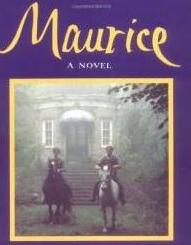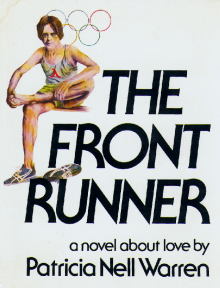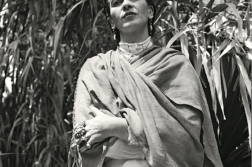In my youth, I had strong gaydar when it came to literature, reveling in the homosexual undertones of the classics. Looking back now, it’s hard to believe that anyone could be blind to the quintessential gayness of Moby-Dick or Leaves of Grass, but at the time reading such works aroused no suspicion. When I finally came out to someone else—an older man with whom I had unexpectedly, overwhelmingly, fallen in love—he gave me more books, as a substitute for himself (he was taken; I was young and naïve). The reading list was huge and exciting—Christopher Isherwood, Andrew Holleran, Edmund White. Here were novels that didn’t mask sexuality behind the safety of symbolism. I didn’t have to read between the lines to find the messages meant for me and my kind. It was all right there on the page, just as I would soon discover it in the world.
Of all those books, the one that has remained most profoundly with me was written before the genre of the coming out story even had a name: E. M. Forster’s posthumously published Maurice. In one summer, I devoured all of Forster’s novels—in order of publication, so that Maurice, though not written last, was the final one I read. In it, the themes that seemed submerged in the other works came to the surface. If other characters—the dandyish Cecil in A Room with a View, Freddy in Howards End—had struck me as having a gay sensibility, here at last was a protagonist who acknowledged that sensibility in himself and who, over the course of the novel, chose to accept and act upon his homosexual feelings.






